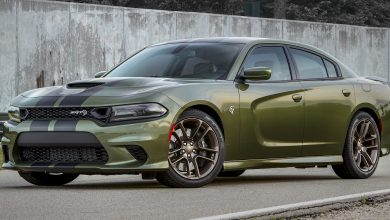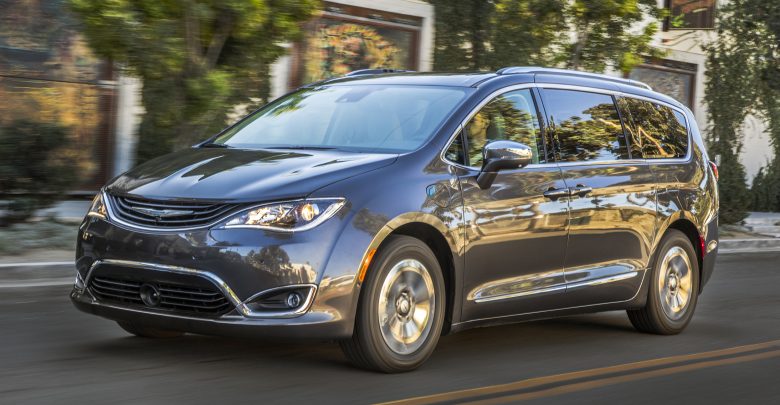
In February, Stellantis (FCA US, LLC) issued a recall for its 2017 to 2018 Chrysler Pacifica Hybrid (RU) plug-in hybrid (PHEV) minivans due to a potential risk of fire even if the vehicle was turned off. It now seems that the automaker has a fix for the situation.
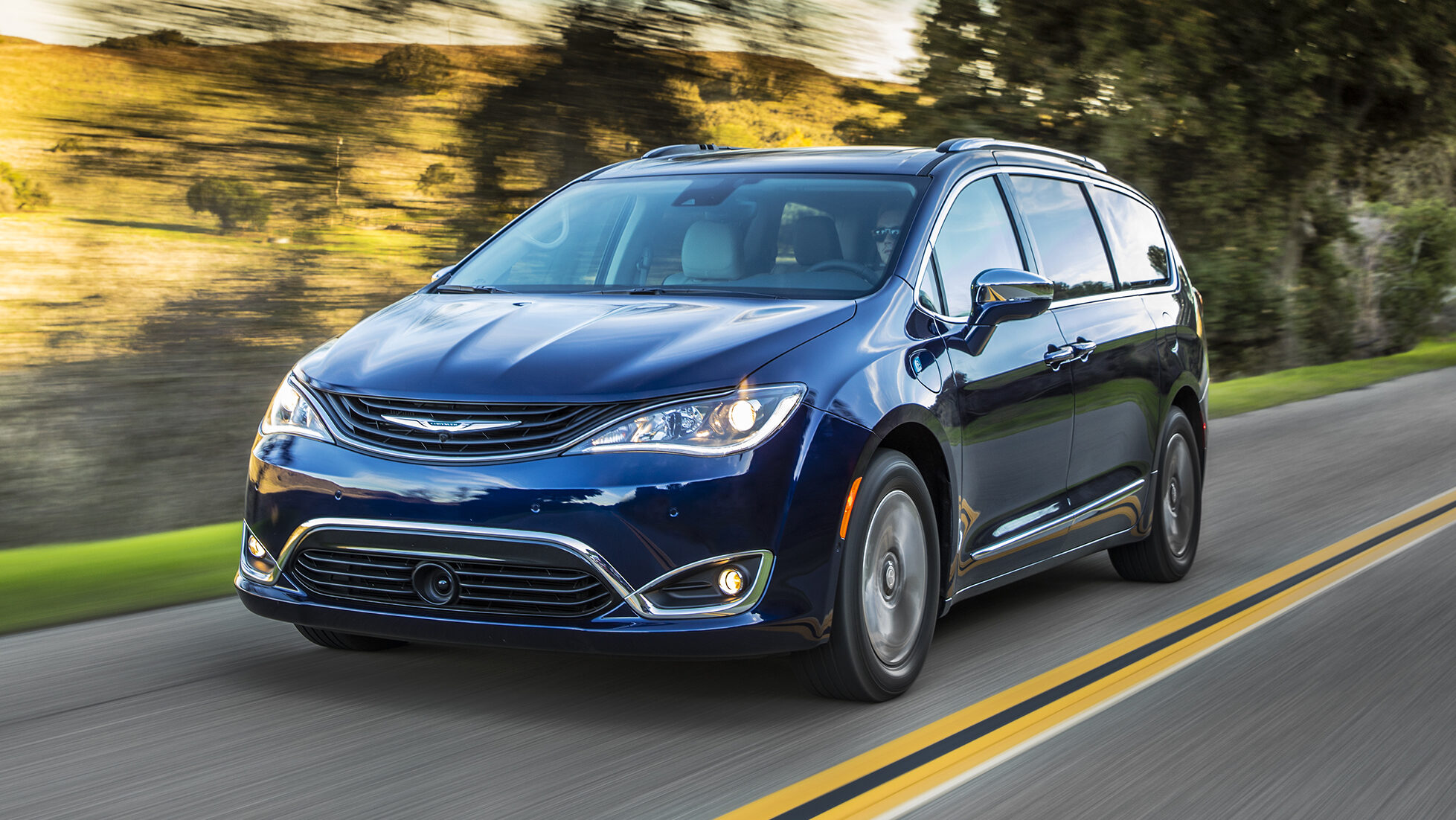
At the time of the recall, FCA US, LLC said it could not determine the cause of the fires. But the automaker did advise owners not to recharge their vehicles, and to park them outside and away from structures until vehicles could be repaired.
The original recall stated that 16,741 units were affected. But now FCA US, LLC says that 19,808 units built between August 12th, 2016, and August 7th, 2018 were affected.
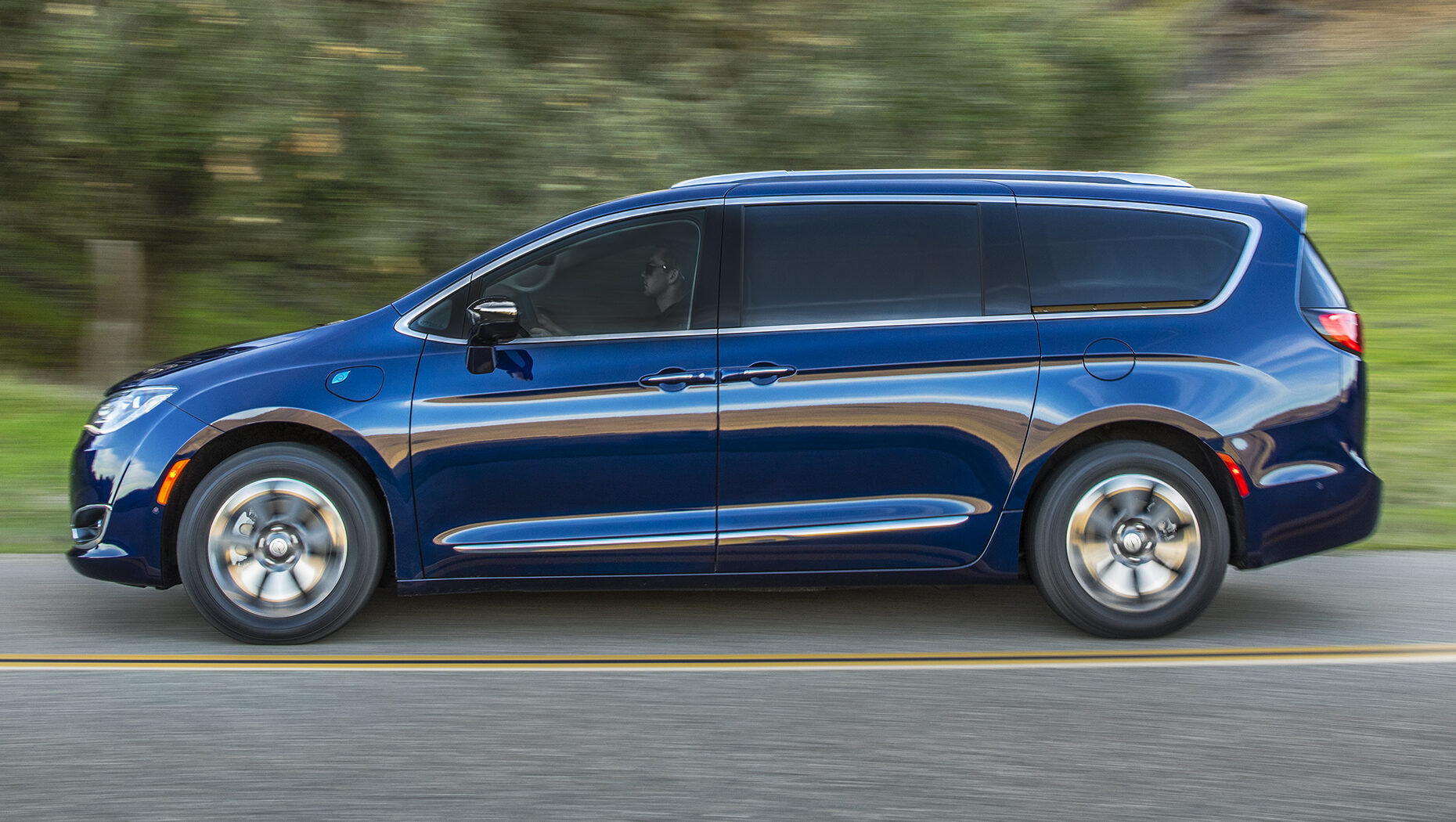
On February 4th, FCA US, LLC identified 12 reports of Pacifica Hybrids catching fire while parked. The fires all appeared to have started near the high-voltage battery, with 8 taking place while the vehicles were charging. Since then, 2 more fires have been identified with one minor injury.
So how is FCA US, LLC going to resolve the issue?
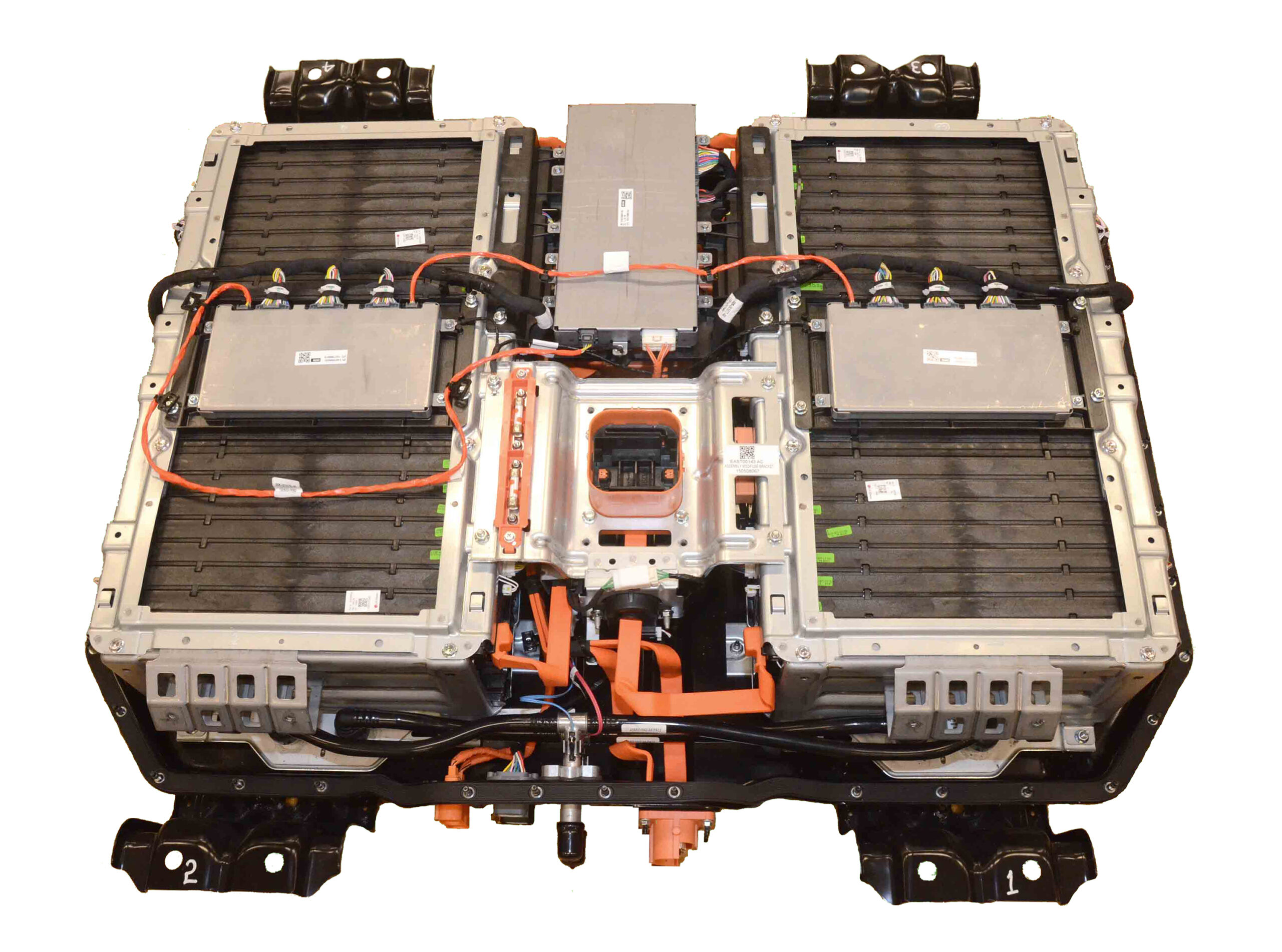
Dealers will update the High Voltage Battery Pack Control Module (BPCM) software to monitor the battery pack’s operational status for conditions that could lead to a fire in the battery pack assembly. In addition, dealers will inspect and if necessary, replace the battery pack assembly.
The estimated repair time is 1.5 to 2 days. While the vehicle is serviced, FCA US, LLC will provide a rental vehicle or courtesy transportation, free of charge.

You can read the complete resource guide for the recall (no. Z11), by CLICKING HERE:
FCA US, LLC will notify owners of affected vehicles by mail starting on October 11th, 2022. Owners should contact their local Chrysler dealership to schedule a repair. Owners may contact FCA US, LLC customer service at 1-800-853-1403.
The Chrysler Pacifica Hybrid uses a 16 kWh battery pack supplied by LG Energy Solutions Michigan, Inc. in Holland, Michigan.
You may recall that the Chrysler Pacifica Hybrid was recalled for a fire risk issue in 2020. Then, 27,634 units ranging from 2017 to 2020 for the vehicle’s 12-volt connector post that could overheat and cause a fire.





